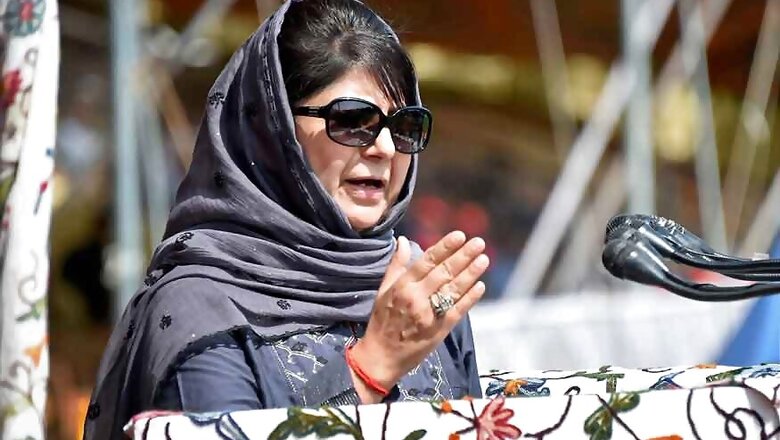
views
On February 12, Jammu and Kashmir chief minister Mehbooba Mufti once again reiterated her stand for a meaningful and sustainable dialogue with Pakistan to settle all long-standing issues. The chief minister chose the floor of the state assembly to make an appeal to both countries to end hostilities and resume the peace process.
This request came at a time when Indian security agencies were fighting a fierce gun battle with groups of suicide attackers (fidayeen squads) of heavily armed militants at Sunjwan army camp in Jammu and a CRPF camp at Karan Nagar, Srinagar.
Mehbooba Mufti’s statement was not in isolation. She knew the consequences and had rightly observed, “I know I will be labelled anti-national by news anchors tonight for my call to hold dialogue but that doesn’t matter. The people of J&K are suffering. We have to talk because war is not an option.”
As expected, the news channels exploded and the elected chief minister of the only Muslim state in India was dubbed by newsroom warriors as “Pro-Pakistan”.
On the same day, the government informed the Legislative Council that around 110 persons, including 52 army and BSF jawans, had been martyred. This came due to the 892 ceasefire violations along the Indo-Pak border and Line of Control (LoC) in just the last three years.
All of this is beside the hundreds of security personnel and civilians who were injured during these skirmishes. In just three days of heavy firing from across the border, around 92 cattle died in RS Pura and Suchetgarh sector of Jammu this month.
The call for dialogue came more than a month after National Security Advisors (NSA) of India and Pakistan held a "secret" meeting in Thailand where the tone and tenor of Ajit Doval was said to be "friendly and positive" besides, as per media reports, the two sides decided to keep backchannels open.
While no fingers were raised at NSA-level talks, many voices roar over CM Mufti’s repeated assertions on the need to revive peace talk channels with Pakistan. Outbursts are hoarser from opposition parties like the Congress and even fringe groups of the ally BJP find it difficult to go with the idea.
Since out of power, both at the Centre and in the state, the Congress leadership finds talks with Pakistan as absurd, in the backdrop of repeated ceasefire violations and continued attacks inside the state by Pakistan’s state-sponsored militant groups. Death and destruction in any manifestation saddens every citizen, even the politicians. It’s ironic that taking advantage of the general mistrust towards them, each political side terms the other’s concerns as just lip service and rhetoric. That, though, is not actually the case.
When CM Mufti talks of holding talks, she cites the bonhomie India and Pakistan shared during the regime of Atal Bihari Vajpayee and her father, Late Mufti Mohammad Sayeed.
The roughly ten-year period did not witness a single incident of firing across the borders. Militant activities within the state were heavily declining and the separatist camp was found trying to desperately save their space in the emerging scenario. The subsequent regime, though, could not capitalise on the gains and in one-year of taking over, the situation was back to square one.
There also was a heavy decline in militant activities within the state, while the separatist camp was found struggling for saving its space in the emerging scenario. But unfortunately the subsequent regime could not capitalize on the gains and in one year of taking over the reins by it, the situation was back to square one.
The peace process initiated by NDA-II witnessed many challenges, including Kargil intrusion by Pakistan Army leading to almost full-scale war, which was followed by the Parliament attack. However, despite the severe criticism back home, Vajpayee continued with his efforts to end hostilities between the two countries. The commitment also saw some movement forward from Pakistan’s side, where it’s generally the army calling the shots.
As a state where several lives are lost every year on the borders and the residents get often dislocated due to skirmishes, it is the prime duty of its head to ensure that peace prevails. The chief minister knows that despite her major public initiatives, outreach programmes, social welfare measures the present dispensation has failed to win back the confidence of the people. She is the first chief minister to meet youngsters, unemployed youth, sportspersons, engineering graduates, entrepreneurs and every section of the society. She also heads the first ever government which resolved most of the administrative and public related issues without any agitation from any corner.
As a confidence-building measure, cases against more than 9000 youth were withdrawn. The recruiting agencies were geared up and most of the vacancies were filled in the most transparent manner – by giving up the old practice of viva voce test, thereby reducing any chances of favouritism.
Despite this, all peace remained the basic necessity of the people in Jammu and Kashmir. Even an isolated incidents of killing or a militant attack reverses the entire feel-good factor for the ruling dispensation.
CM Mufti calling for dialogue with Pakistan is based on the strong notion that Jammu and Kashmir has a strategic and geographic advantage to be the gateway of trade and commerce between India and South East Asia.
The chief minister knows that the golden era in Jammu and Kashmir’s political history, which her father led from 2002 to 2005, is known so because of its political outreach rather than public outreach. Jammu and Kashmir needs peace and stability as much as it needs development and prosperity. The two necessities are inter-dependent and inter-connected. It’s a good time for the union government to understand ground realities and give peace a chance. Prime Minister Narendra Modi has to go Vajpayee’s way to win back Kashmir and Kashmiris.
(The author is Member of Jammu and Kashmir Legislative Council from PDP. Views are personal.)













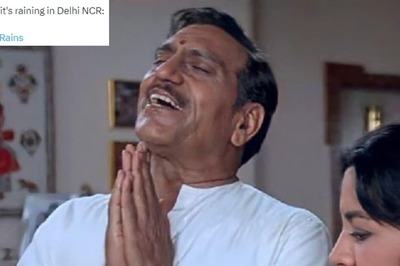

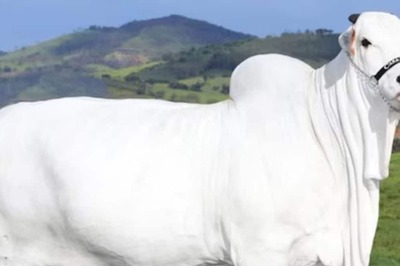
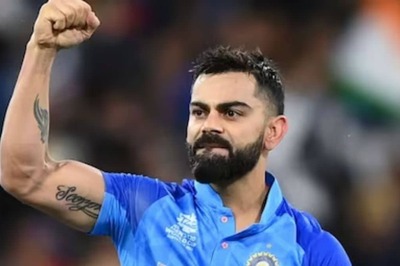
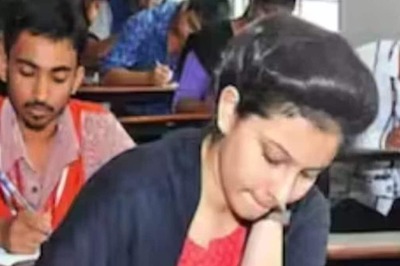

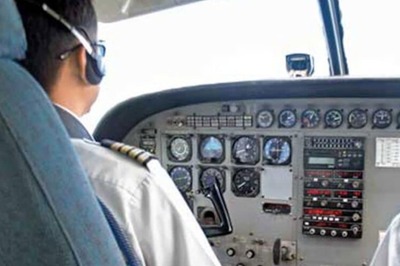
Comments
0 comment